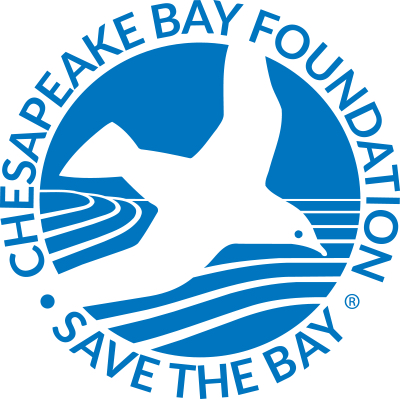
Chesapeake Bay Foundation : Fix Your Schoolyard Bare Spots
Downloadable instructions from the Chesapeake Bay Foundation on how to fix bare spots in your schoolyard. Bare spots are places where vegetation no longer exists in the soil. Bare spots

Downloadable instructions from the Chesapeake Bay Foundation on how to fix bare spots in your schoolyard. Bare spots are places where vegetation no longer exists in the soil. Bare spots

Explore green education opportunities including fundraiser car washes, recycling at school, pledge to be a green classroom, green learning education guides and more!
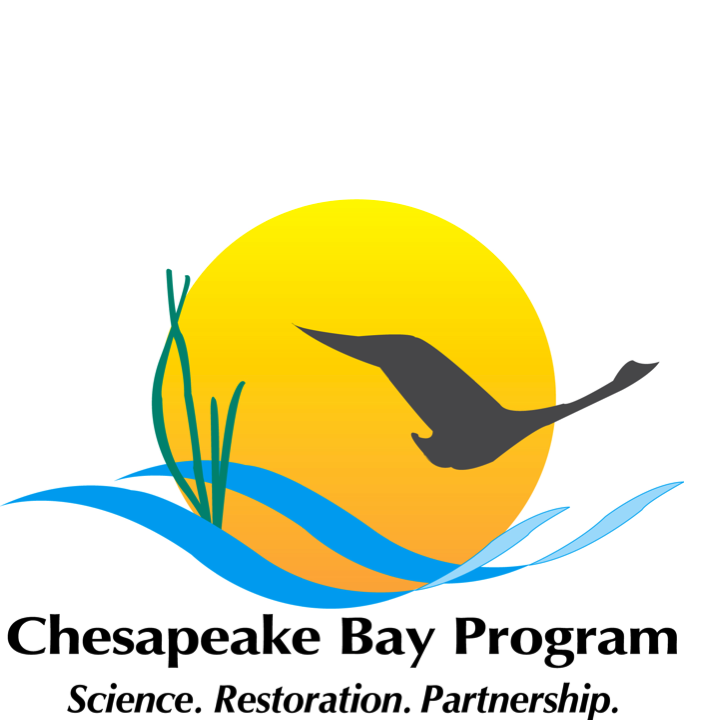
This is a guide to estuary basics entitled ‘Introduction to an Ecosystem’. Learn about the Bay ecosystem, its geology, water and sediments, habitats, living resources and biological communities, food production
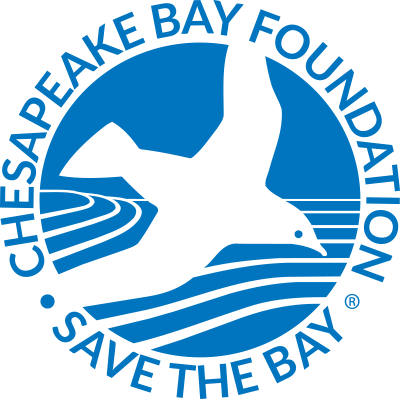
The complete 2024 Chesapeake Classrooms Teacher’s Guide is available in downloadable format. This is an excellent companion resource for planning and documenting your classroom MWEE!
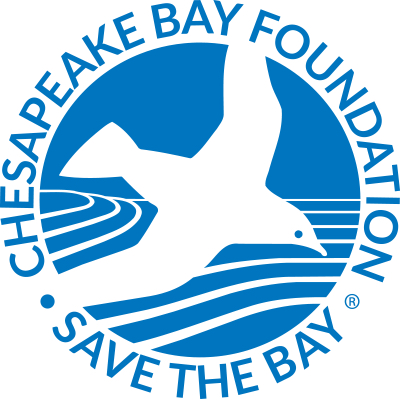
Educator guide to understanding the CBF Water Quality map. Includes field names and definitions, water quality parameters and methods, eutrophication process, how teacher and students can use the CBF GIS
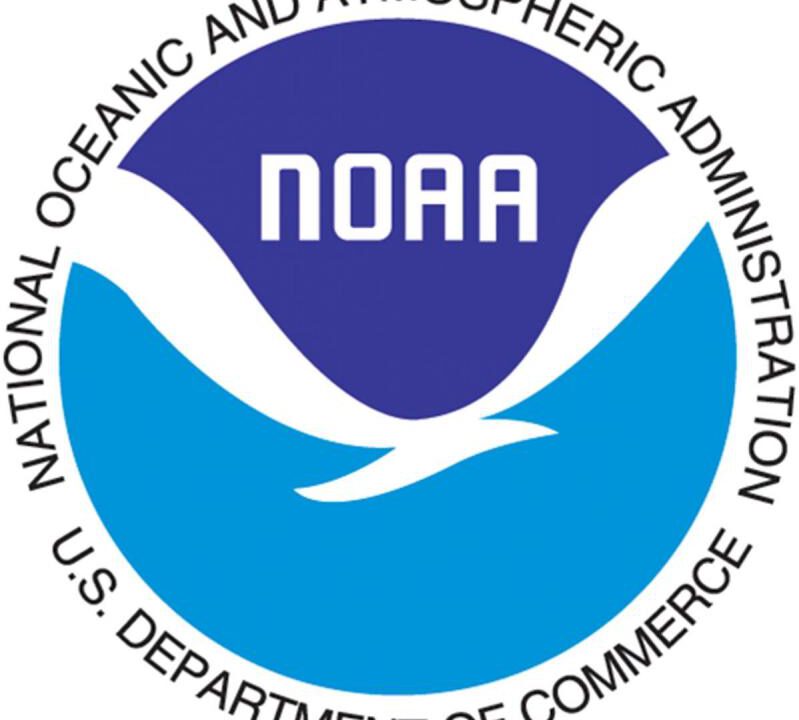
Learn about Tides and Currents and their interaction in accordance with sea level rise. Explore this Interactive Map on Sea Level Rise trends around the globe.

Want to know how the sea level in your area is changing due to global warming and other factors? The Virginia Institute of Marine Science updates its website each year
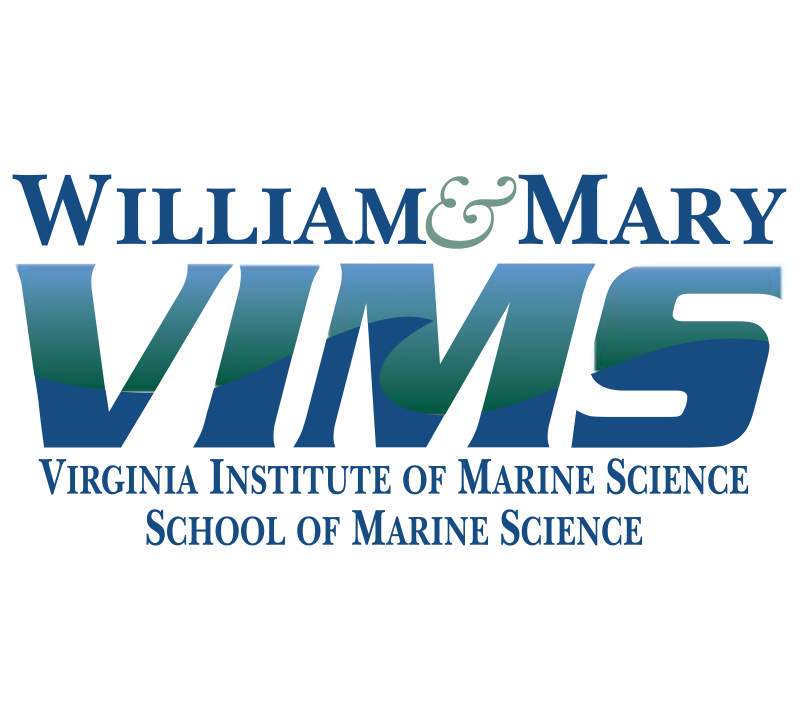
An interactive map from VIMS, useful for advanced students studying climate change and sea level rise in Virginia.
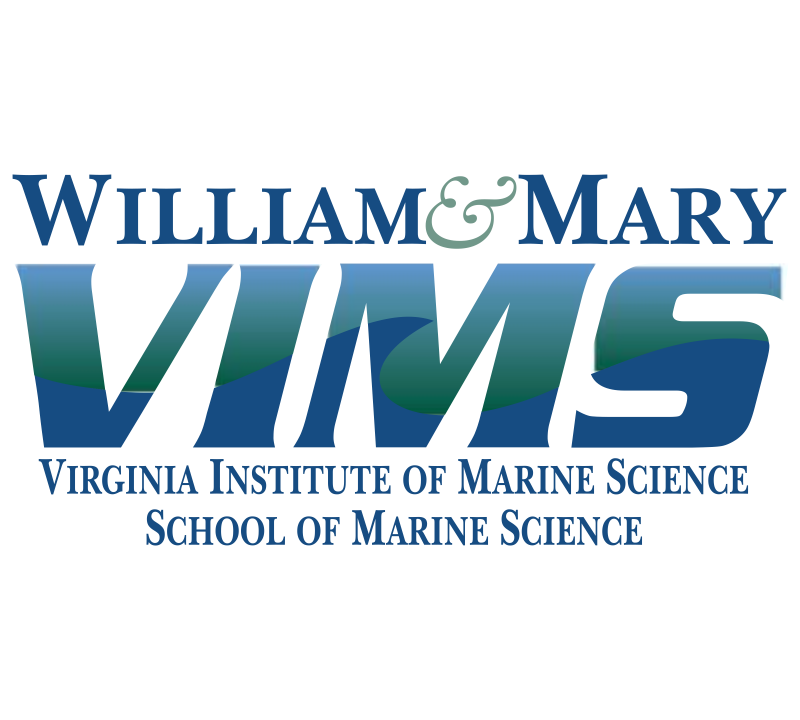
An interactive map from VIMS, useful for advanced students studying climate change and sea level rise in Virginia.
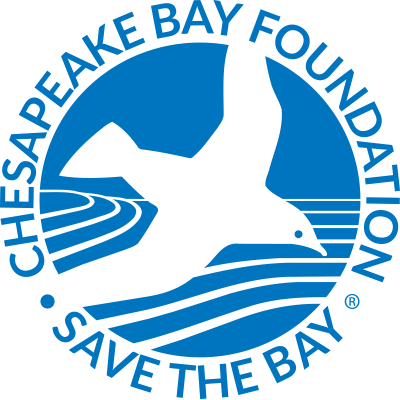
Series of classroom investigative guides and interactive maps using ArcGIS. Discusses water quality through data analysis, creating graphs, analyzing results, and coming to a conclusion.
Notifications